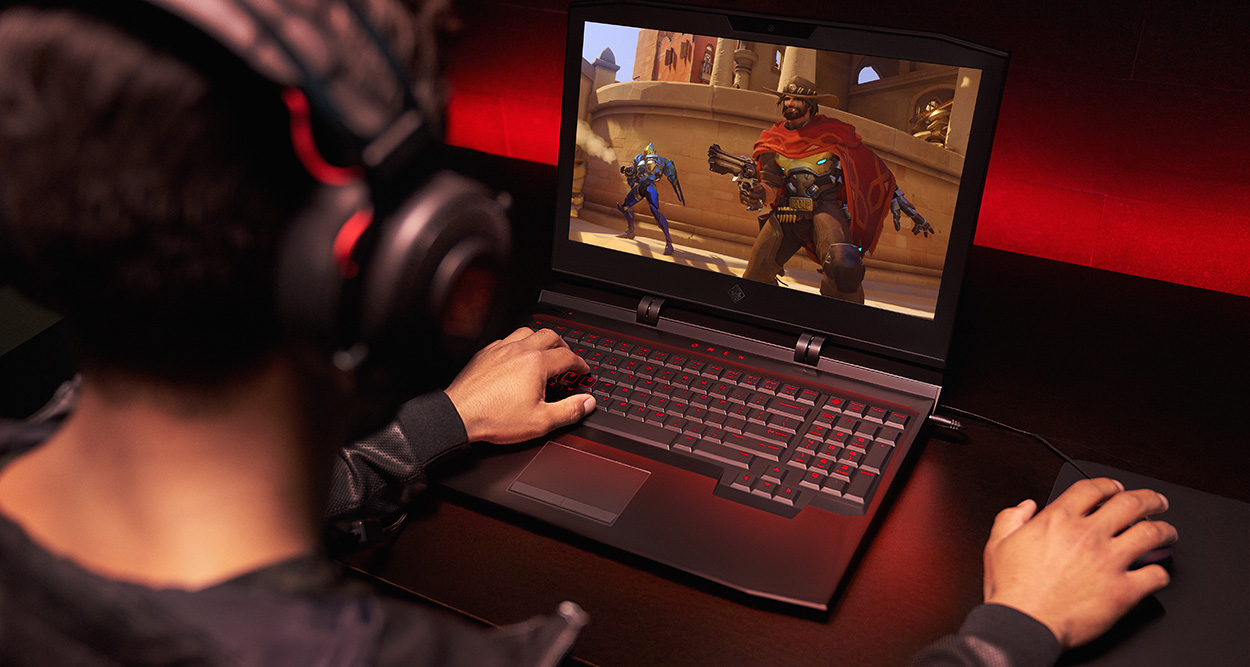It’s very simple to differentiate a standard notebook from a gaming laptop. The aggressive design, colourfully lit-up keyboard and bulky chassis make them very easy to identify. This is the case with models like the Asus Zephyrus G15. While the design is the icing on the cake, it’s what goes into the computer that makes the computer and hence there are several factors to look into when looking for a gaming laptop. This article lists the most important ones to help you identify a great laptop from a basic one.
1.Processor
The processor of a computer can be likened to the brain of a person. It runs all the programs and applications and makes several calculations and decisions in a concise duration. To run most modern games, you require a powerful processor, and one way to identify one is to check the processor’s clock speed. While an Intel Core i3 processor with a high clock speed wouldn’t help you much, look for Intel Core i5 or i7 processors with high clock speeds. When picking between an AMD and Intel core, check the core speeds to identify a superior one. And if you are considering long-term applications, look for quad-core processors. A rule of thumb would be to go for the latest processors, built to deliver enhanced performances while being more efficient.
2.Graphics Card
A PC without a decent graphics card wouldn’t be called a gaming PC. This hardware is in charge of rendering and processing the game on the screen. As such a task is a lot for a processor to manage, a dedicated graphics card is added into the system to complement the processor. Running a game without a graphics card would be nothing short of torture, and even if you manage to run the game with good quality, there are very high chances that the game will stutter every other second.
3.RAM
As games keep getting bigger, higher capacities of RAM must be used. Ideally, gaming laptops must have at least 8 GB of RAM. Having 16 GB RAM shall ensure most games run without any hiccups. Some laptops have options to increase the RAM, which is a great feature when keeping the future of games in mind. It is worth noting that you must pay close attention to the manufacturer’s warranty policy in such cases.
4.Storage
Most games being released now exceed the 50 GB size mark, and you will need massive storage of at least 1 TB to store different games. Check whether the storage is an SSD or an HDD. SSDs or solid state drives are better than hard drives as they don’t contain moving parts, making them lighter, more efficient and faster. The benefits of going for laptops with SSDs, such as the Asus Zephyrus G15 laptop, include faster transfer speeds and loading time, which helps bring you a lag-free gaming experience. If the SSDs are out of your budget, look for laptops with hard drives that run at speeds over 7,200 rpm, as that delivers a much smoother transfer rate than the usual 5,200 and 5,400 rpm drives.
5.Screen Resolution
The most crucial point of spending loads of money on such laptops is to fully immerse and enjoy the games with full detail and the best quality. To reap such an experience, a standard HD resolution of 1366 x 768 wouldn’t do justice to the money you spend. Look for laptops that are 1600 x 900 or even 1920 x 1080 resolution displays. The difference between each of them is distinctly noticeable. In order to take matters further, some laptops even offer 4K resolution, providing you with the most sharpness in picture quality.
Conclusion
The factors provided in this article are only a few among the many factors but are surely the most important ones too. Hence, keeping them in mind will help you greatly when buying a good gaming laptop.

